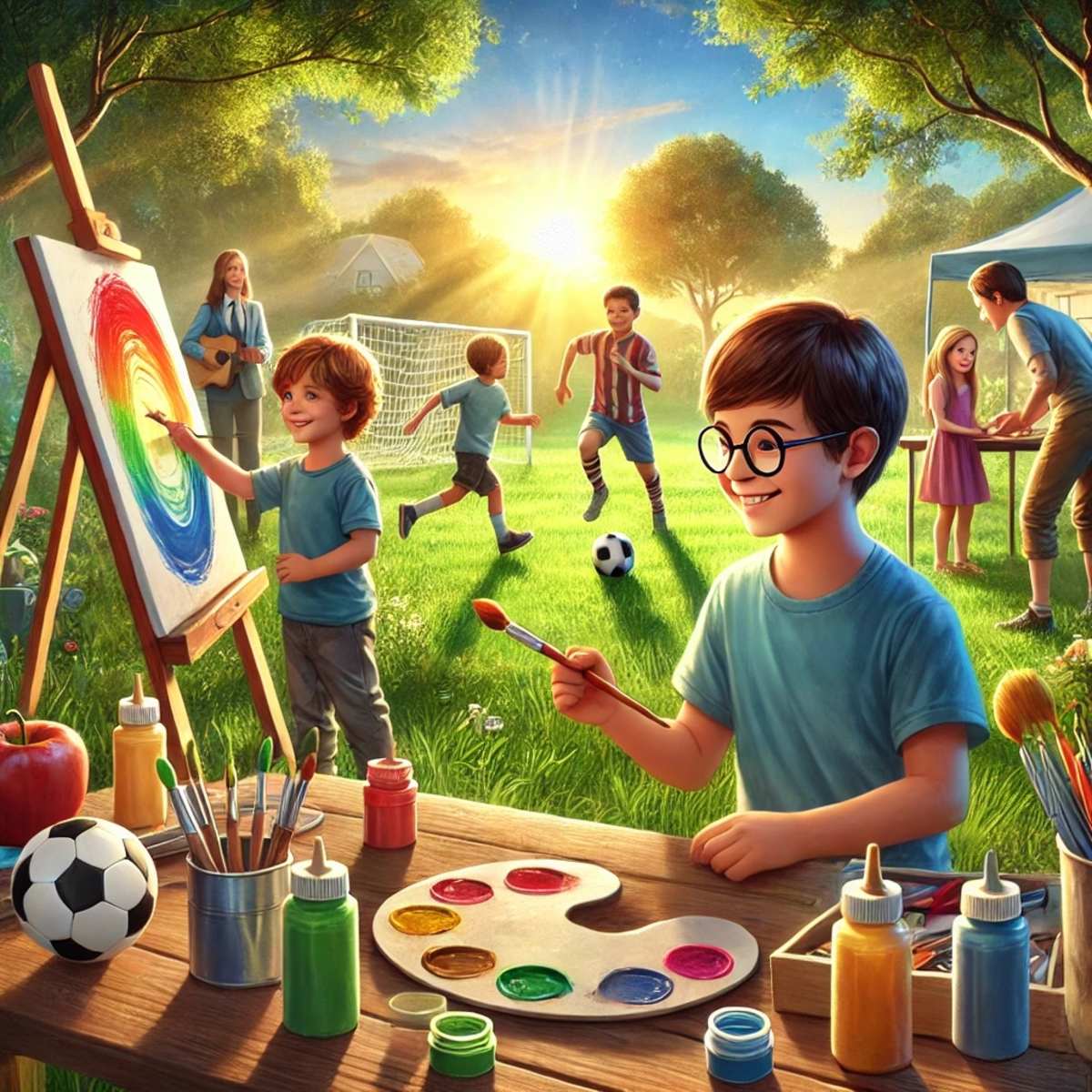Encouraging Extracurricular Activities for Children with ADHD
By Marshall Vaughn
When raising a child with ADHD, parents often look for ways to channel their energy, build their confidence, and nurture their social skills. Extracurricular activities offer a wonderful opportunity to achieve all of these goals in a structured and engaging way.
Children with ADHD often thrive in environments that provide clear expectations, a predictable routine, and opportunities to focus their energy positively. Extracurricular activities—whether it’s sports, music, art, or clubs—can provide these benefits and more.
The Benefits of Extracurricular Activities for ADHD Children
- Structured Environment for Growth
- Extracurricular activities offer a clear framework for participation. Whether it’s a basketball team or an art class, there are set rules and routines. This structure can help ADHD children manage their energy and attention more effectively while providing them with a sense of stability and predictability.
- Social Skill Development
- Children with ADHD may sometimes struggle in social situations due to impulsivity or difficulties reading social cues. Extracurricular activities create a controlled setting where they can practice teamwork, communication, and cooperation. Sharing a common goal—whether it’s winning a game or completing a group project—can help children connect with peers and form lasting friendships.
- Building Confidence and Self-Esteem
- Mastering a new skill, whether it’s learning a musical instrument or improving athletic performance, can be incredibly empowering for children with ADHD. Success in an extracurricular activity helps build their confidence and provides them with a sense of accomplishment, reinforcing their belief in their abilities.
- Energy Outlet
- Many children with ADHD have boundless energy, which can sometimes be challenging to manage in traditional classroom settings. Physical activities like soccer, dance, or martial arts provide an excellent outlet for this energy while also improving focus and reducing restlessness.
- Discovering Interests and Passions
- Extracurricular activities allow children to explore their interests outside of the classroom. This exploration can help them discover hidden talents and develop hobbies that bring them joy, which is critical for emotional well-being.
Choosing the Right Activity
Finding the right extracurricular activity for your child is crucial. Here are some tips:
- Consider Their Interests: Choose activities that align with your child’s natural interests and strengths.
- Start Small: Begin with one activity to avoid overwhelming your child.
- Look for Experienced Leaders: Coaches and instructors who understand ADHD can make a big difference in creating a supportive environment.
- Flexibility Matters: Opt for activities that provide structure but also allow for some creative freedom.
Overcoming Challenges
While extracurricular activities offer many benefits, some challenges may arise. Children with ADHD might struggle with transitions or have difficulty staying engaged. To address these issues:
- Prepare in Advance: Talk to your child about what to expect and set clear expectations for behavior.
- Provide Encouragement: Celebrate small victories and show enthusiasm for their participation.
- Communicate with Leaders: Share information about your child’s needs with coaches or instructors so they can provide appropriate support.
A Path to Growth and Connection
Extracurricular activities are more than just hobbies—they’re opportunities for growth, connection, and self-discovery. By finding the right activity for your child, you’re giving them a chance to shine, make friends, and build essential life skills in a supportive environment.
Encourage your child to step out of their comfort zone and explore the world of extracurricular activities. You might be amazed at how these experiences help them grow into their full potential.
Marshall Vaughn is an advocate for children’s mental health and development, focusing on strategies that empower families and educators to support children with ADHD.
